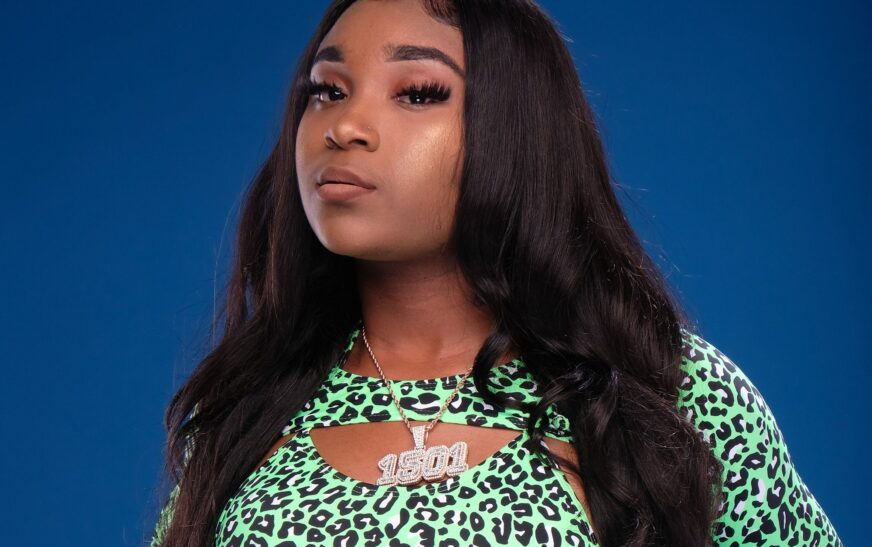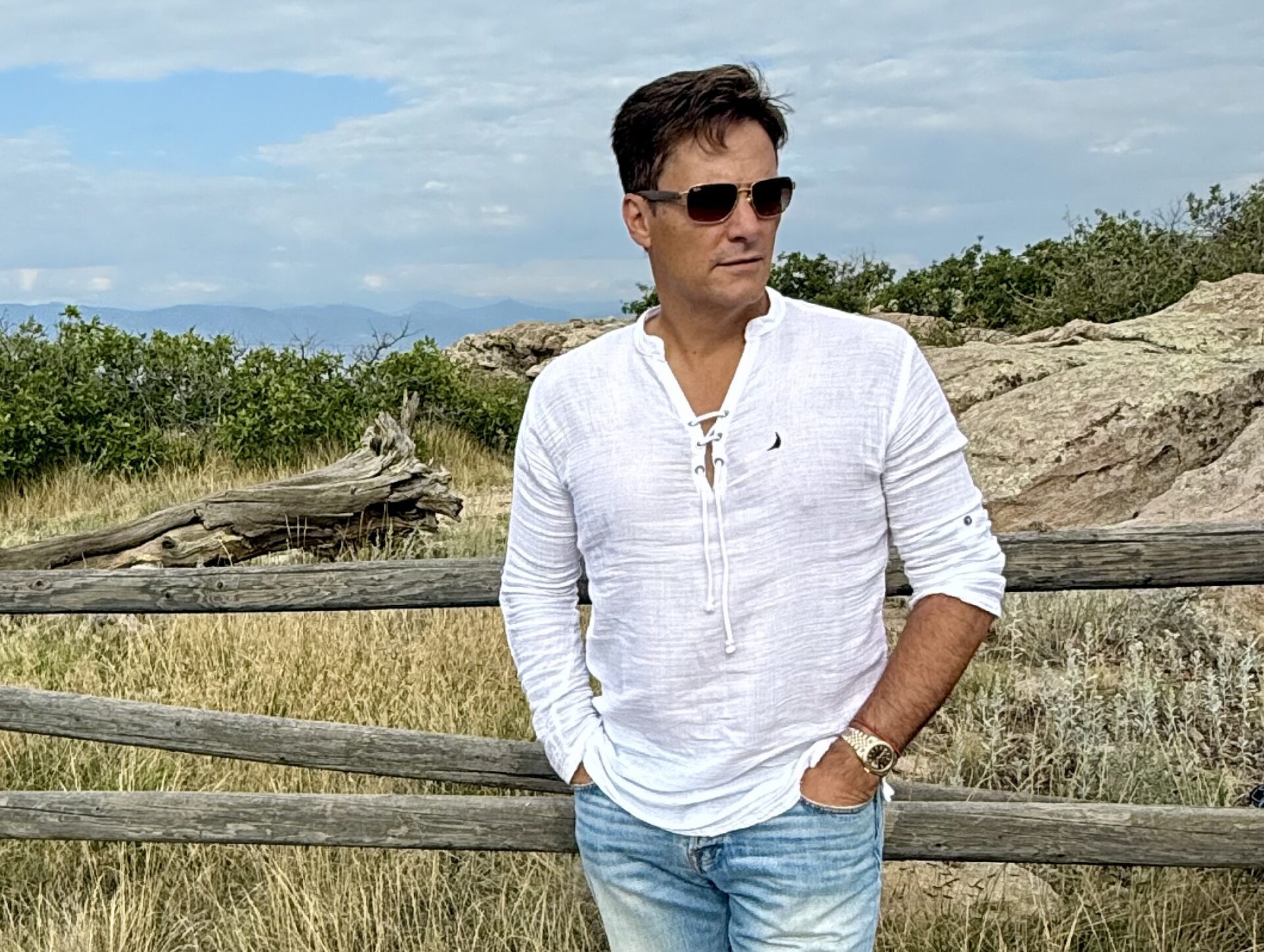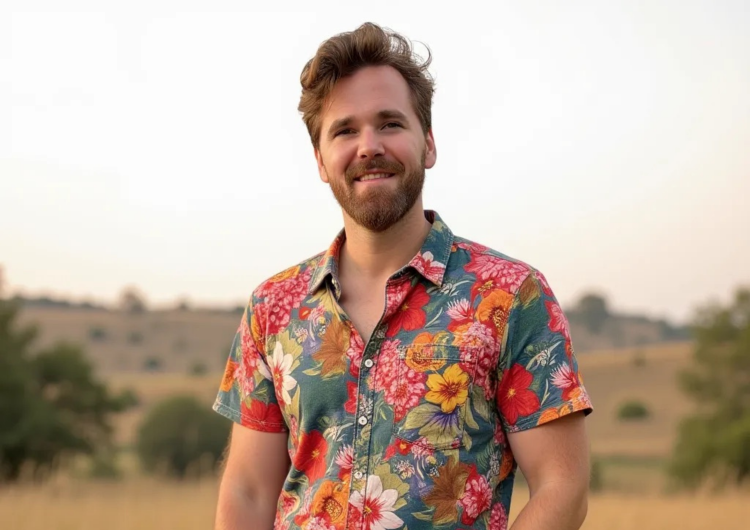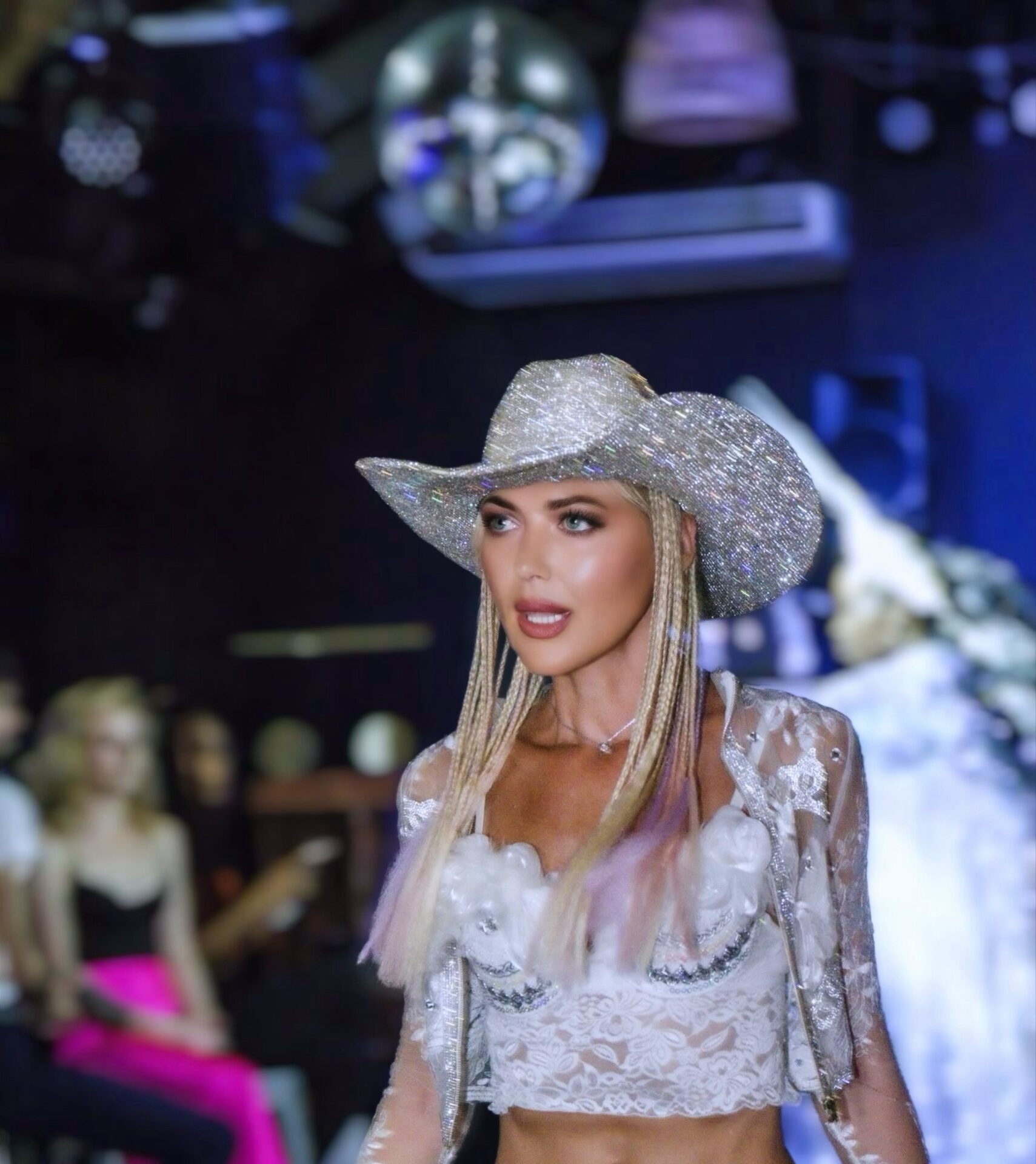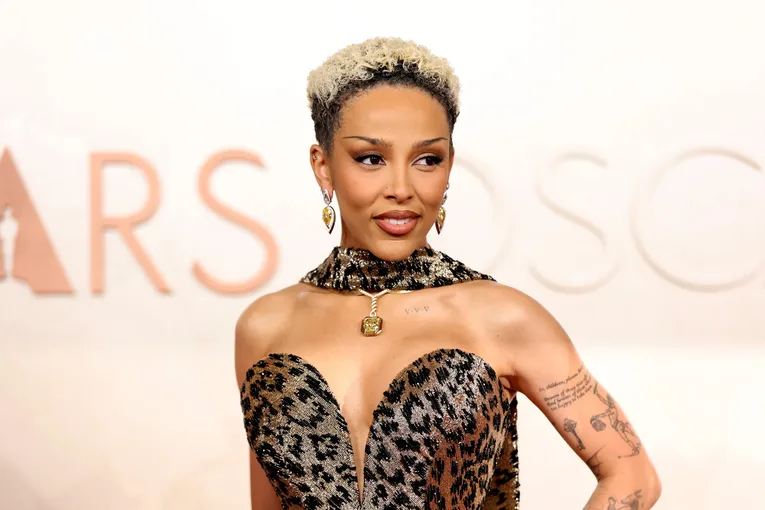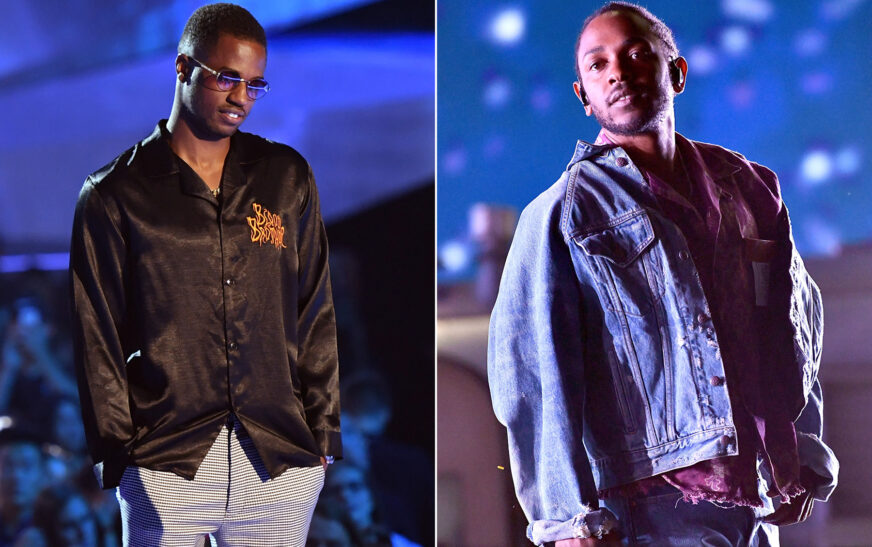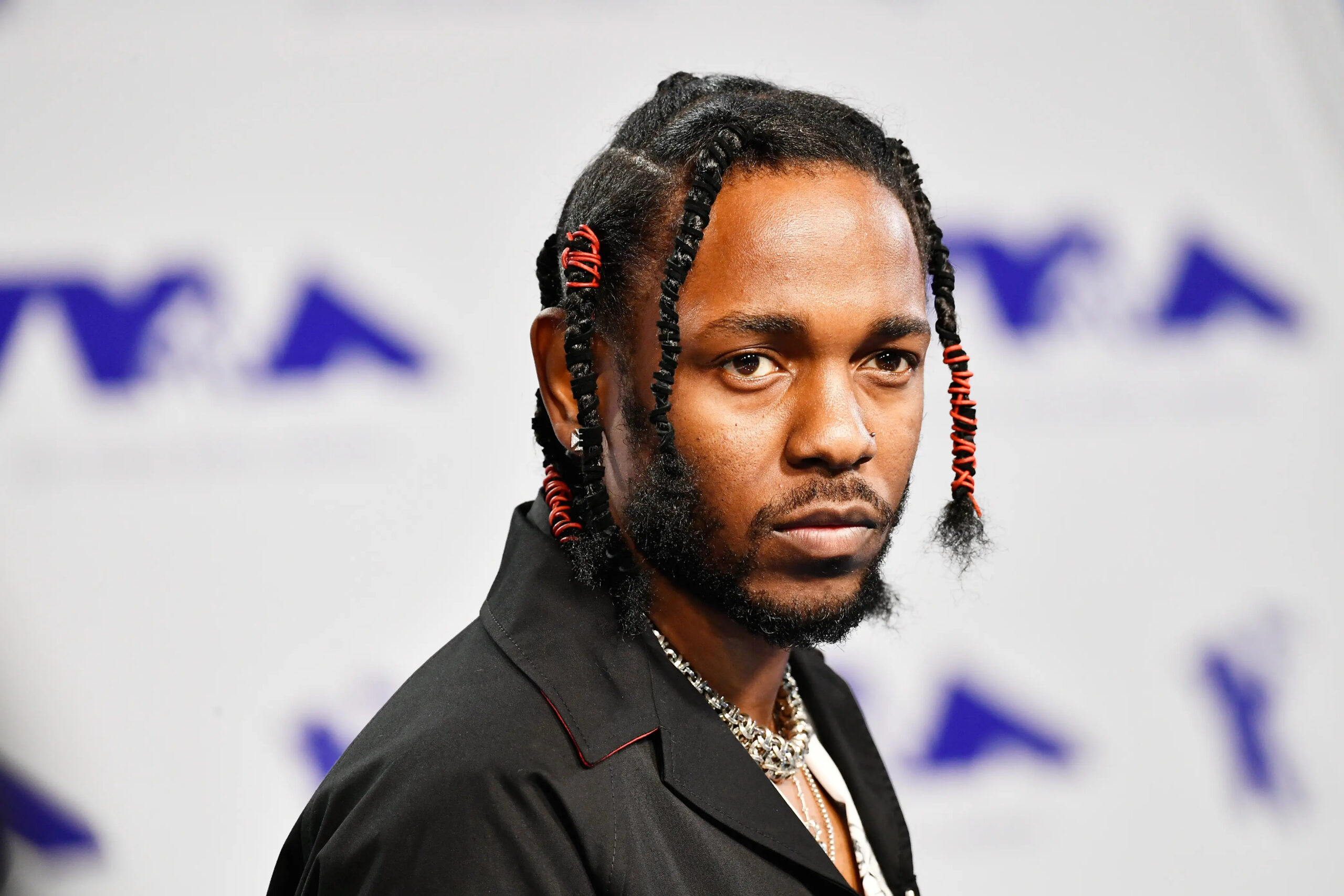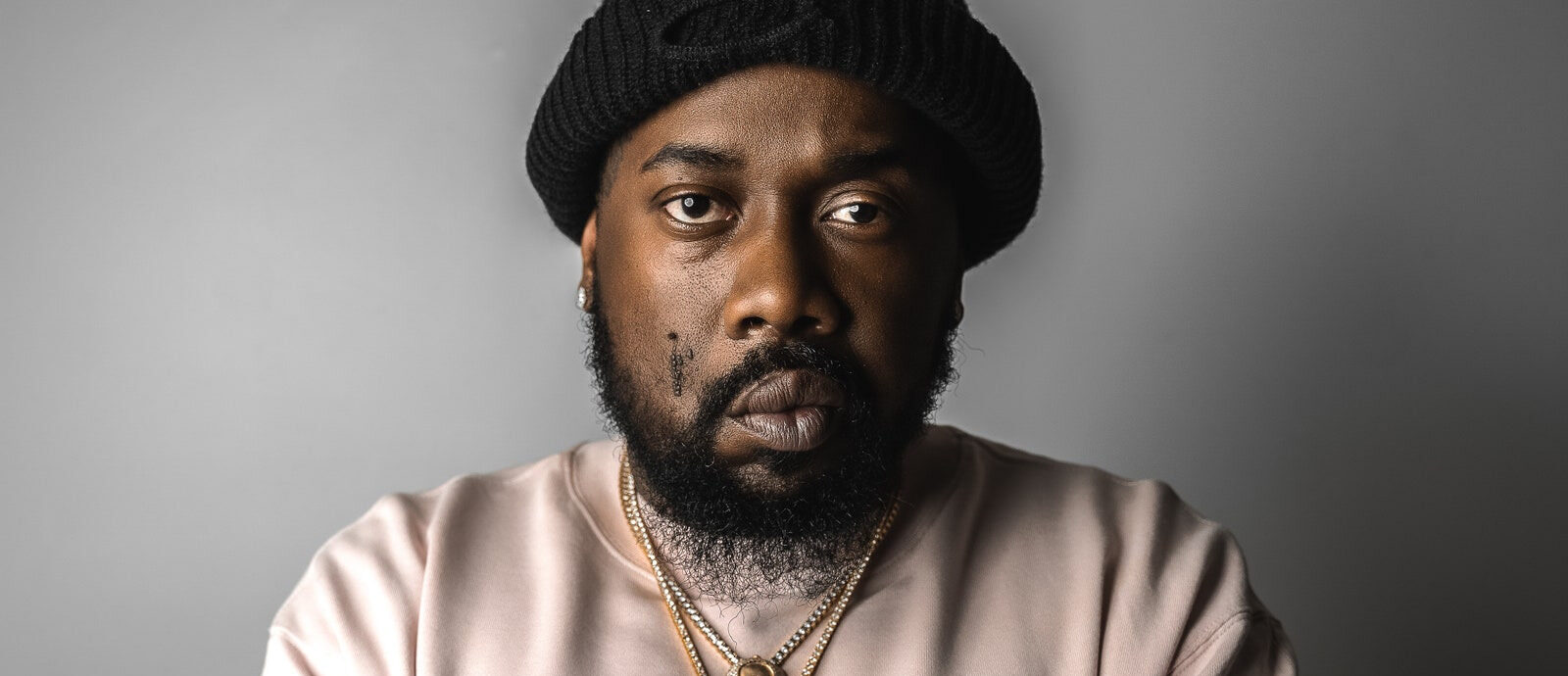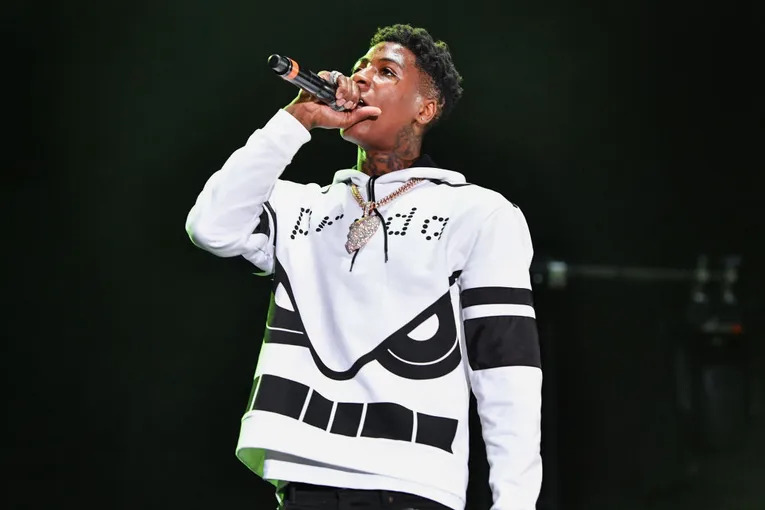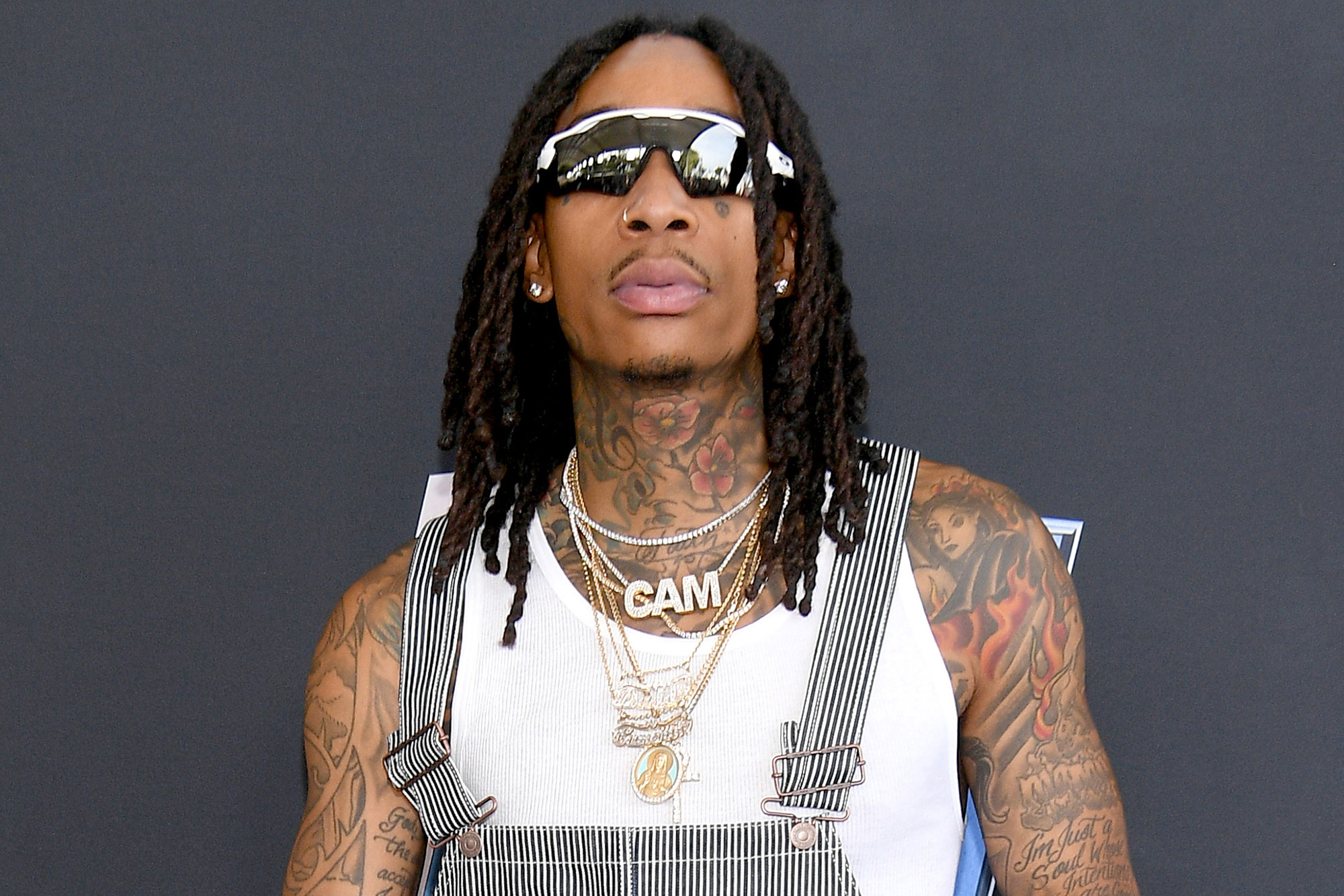In a widely rehashed interview that’s re-sparking online chatter, 1501 Certified Entertainment boss Carl Crawford openly discusses covering the cost of rapper Erica Banks’ first Brazilian Butt Lift (BBL). The confession, dropped during a sit-down earlier this year for RealLyfe Productions, has the conversation surrounding cosmetic surgery buzzing not just about her willingness to admit that she’d had some work done, but also about what it means when an up-and-coming act can fess up that they got their body redone underwritten by their record label.
When Crawford made the statement, his admission was presented as a straightforward business matter in the industry. He said he saw the increase in confidence that she had when Banks went through the procedure and everything, and how she just flourished with it. It was an investment in her. “Getting a BBL seem to bring a lot of confidence to these girls,” he said matter-of-factly, noting that it was something he started including in artist development budgets.
Check out this article: Doja Cat Fires Back At Fan’s Breast-Shaming Comment
The reaction has been one of surprise, encouragement, and criticism. For others, it’s just a matter of image branding, applying a label to an artist’s appearance in the way you might wardrobe or glam teams, photo shoots, or Photoshop. For some of us, it opens up wider questions about pressure and self-image and the commodification of women in entertainment. Erica Banks, best known for her breakout single “Buss It,” has also come under scrutiny for updating her appearance. Having allegedly undergone a total of two BBLs, she has received both praise and criticism for her altered appearance. Some of her fans praise this showbiz confidence and sex appeal, while critics say the outcome now appears overdone, even unnatural.
The larger discussion, however, is about the music industry’s increasing entanglement with beauty standards and body trends. Crawford’s comments, as well as his offer to fund a cosmetic surgery that would serve as a “confidence booster,” emphasize how an artist’s image is being shaped, both literally and figuratively. The internet, specifically the comment section of The Shade Room on Instagram, had a lot to say. Some fans commended Crawford for being open and supportive, while others debated whether this crosses a moral line, arguing that it can send dangerous signals to young women looking to break into the music industry.


